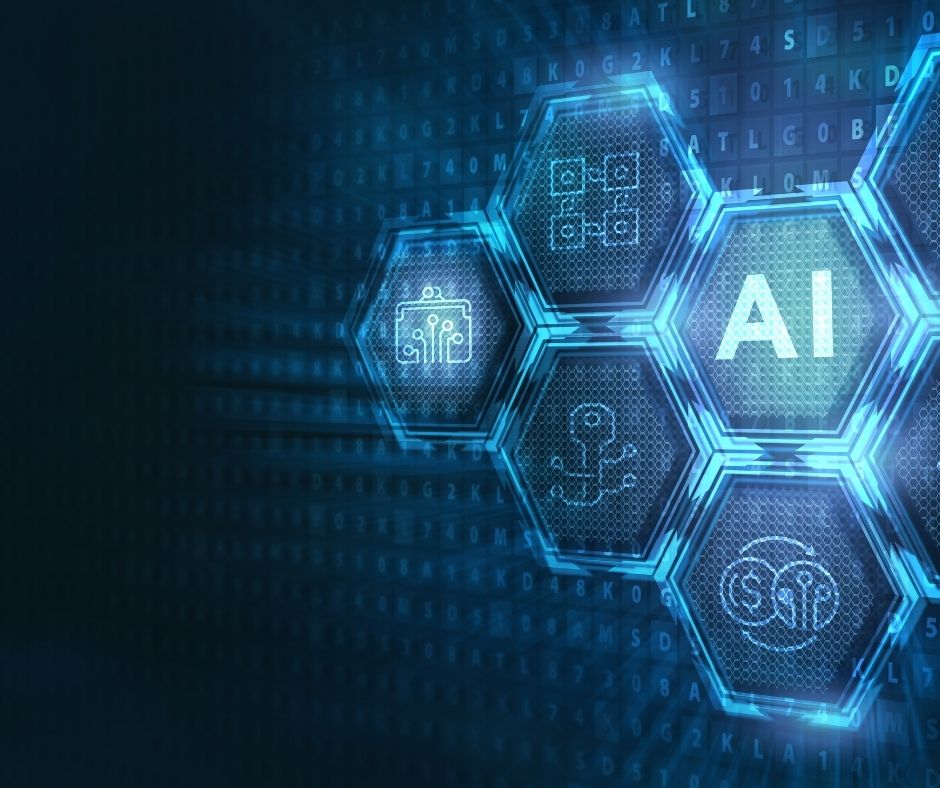There are no items in your cart
Add More
Add More
| Item Details | Price | ||
|---|---|---|---|

As we embrace AI in education, our commitment to ethical practices safeguards the future of learning for generations to come.
Thu Sep 28, 2023
Ensuring ethical AI practices in AP education is not an option, but an imperative for a just and inclusive learning environment
Introduction:
In the ever-evolving landscape of education, the integration of Artificial Intelligence (AI) has brought about transformative possibilities. Particularly in Advanced Placement (AP) courses, where students are preparing for college-level academics, AI holds immense potential. However, with great power comes great responsibility, and it's crucial to address the ethical considerations that arise when implementing AI in education.
Ensuring Fairness and Inclusivity
One of the primary ethical concerns in AI-powered AP education is ensuring fairness and inclusivity. AI systems must be designed and trained to be free from biases related to gender, race, socioeconomic status, and other factors. This requires meticulous attention to data collection, algorithm development, and continuous monitoring to mitigate any potential biases that may emerge.
Transparency and Accountability
Educational institutions and AI developers must prioritize transparency and accountability. Students, teachers, and administrators should have a clear understanding of how AI is being used in the classroom, what data is being collected, and how it is being used to inform educational decisions. Additionally, there should be mechanisms in place for addressing any concerns or disputes related to AI-powered education.
Data Privacy and Security
Protecting the privacy and security of student data is of paramount importance. Educational institutions must have robust data protection policies in place to safeguard sensitive information. This includes clear consent procedures for data collection, secure storage practices, and strict access controls. Additionally, institutions should have contingency plans in case of data breaches or other security incidents.
Empowering Educators with AI, Not Replacing Them
While AI can enhance the learning experience, it should never replace the essential role of educators. Ethical AI in AP education should be designed to support teachers, providing them with valuable insights and tools to better cater to the diverse needs of their students. It should be viewed as a collaborative effort between human educators and AI-powered tools, rather than a substitute for human expertise and mentorship.
Continual Monitoring and Adaptation
Ethical considerations in AI-powered AP education are not static. As technology evolves and new challenges arise, educational institutions must be committed to continual monitoring and adaptation. This includes regular audits of AI systems, staying informed about best practices in AI ethics, and being responsive to feedback from students, parents, and educators.
Conclusion: Charting a Responsible Course
As we venture into the era of AI-powered education, ethical considerations must be at the forefront of our efforts. By prioritizing fairness, transparency, data privacy, and the collaborative role of educators, we can navigate this new frontier responsibly. In doing so, we can ensure that AI-powered AP education becomes a force for positive change, unlocking new opportunities for students while upholding the values that underpin our educational system.

{{Sameer Kumar}}
I graduated from IIT Kharagpur and have been teaching Physics and Maths to Engineering (IIT-JEE) and Medical (NEET) entrance examination aspirants for the last six years.